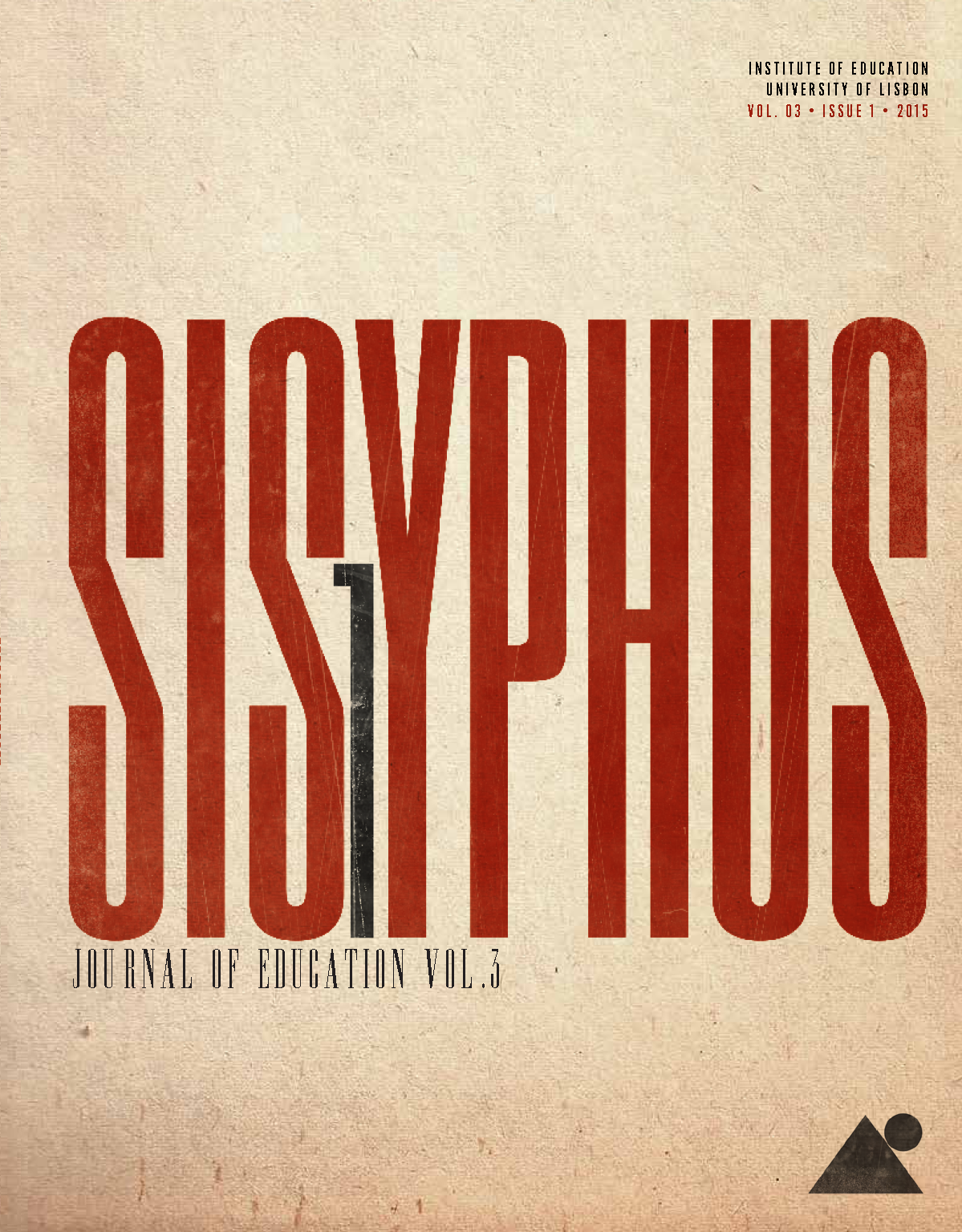Facts for Babies: Visual Experiments at the Intersection of Art, Science and Consumerism in Education
DOI:
https://doi.org/10.25749/sis.7716Keywords:
Photography, Visual observation, Child psychology, Progressive education, Consumerism.Abstract
The paper takes as its point of departure a particular photography book, The First Picture Book: Everyday Things for Babies, first published in 1930 and aimed at young children. The book’s origins can be traced back to a collaboration between Edward Steichen, his daughter Mary Steichen Calderone, and the Bureau of Educational Experiments. Founded in New York in 1916, the latter focused its work on developmental child psychology and progressive educational practices. The paper analyses how the materiality of things and artefacts, sensory vision, and science-based concepts of child development were forming a conceptual alliance with photography as a mode of ‘objective’ display. In addition, it explores how photographic techniques became a tool to foster new ways of seeing within the domain of education while at the same time aiming at societal transformation.
Downloads
Downloads
Published
Issue
Section
License
Copyright (c) belongs to Sisyphus - Journal of Education. However, we encourage issued articles to be published elsewhere, provided that Sisyphus authorization is asked for and that authors integrate our original source citation and a link to our website.
Author Self-Archiving Policy
Author(s) are permitted to self-archive the final published version in institutional or thematic repositories, and in their personal or institutional websites.
DORA Signer
The Instituto de Educação da Universidade de Lisboa, Sisyphus' Publisher, is a San Francisco Declaration on Research Assessment signer.






